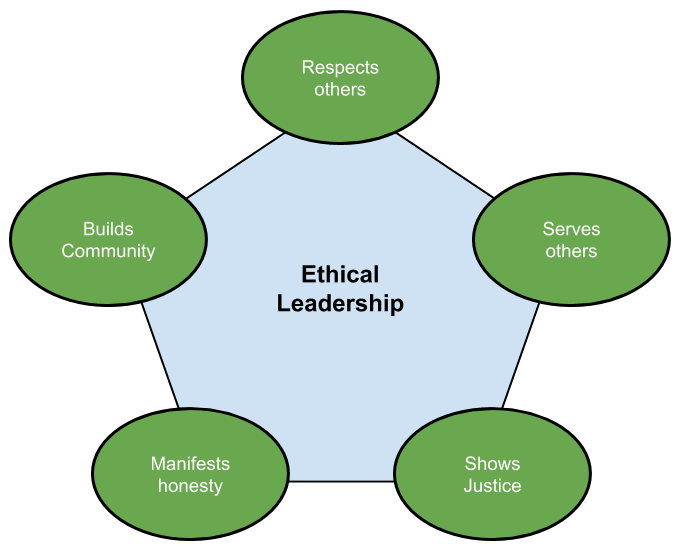Here's an interesting article on how to resolve arguments and conflicts:
Disagreement and reconciliation sit at the
heart of democracy and are fundamental features of our social and
professional lives. For relationships to flourish and organizational
endeavors to succeed people must reconcile diametrically opposing
beliefs.
Polarization has become an inescapable aspect of today’s political
debate, fueled by issues such as abortion rights, migration, and foreign
policy. This can be intergenerational, it is said to be driven by
social media, and is arguably worse today than ever—though participants
in the revolutions of past centuries might disagree. Failure to
thoughtfully engage with opposing views in order to reach compromise can
severely hamper any human activity. In the workplace, where teamwork
and collaboration are essential, it can stymie progress at many levels.
An intriguing study, from Harvard Business School, Harvard Kennedy
School of Government, and the University of British Columbia, looks for
an antidote to polarization in debate. It considers how the linguistic
behavior that people exhibit in discussion can powerfully affect their
co-conversationalists’ perceptions, engagement, and willingness to
cooperate with them. Developing the construct ‘conversational
receptiveness,’ the researchers show how this can lead to more effective
communication between people who disagree with each other.
Using a machine-learning algorithm to identify the linguistic profile
of receptiveness, the study found that those surveyed who were rated as
more receptive by the algorithm and their co-conversationalists—though
not themselves—were considered better teammates, advisors, and workplace
representatives. The researchers established that conversational
receptiveness at the beginning of a conversation forestalls conflict
escalation at the end, and has positive relational consequences.
Conversational receptiveness can be reliably measured and crucially can
be consciously improved.
Encountering opposing viewpoints is part of life, but despite this
people do not seem to handle disagreement well, their contradictory
opinions giving rise to avoidance, biased information processing,
conflict spirals, and damaged relationships. On the other hand, argument
and debate are the way ideas, plans, and innovations are developed into
effective considered action. The concept of ‘integrated thinking’—a key
to creativity—that combines opposing viewpoints to achieve a third way
forward, only works if opposite views are aired and heard respectfully.
Read the rest of the article here.












